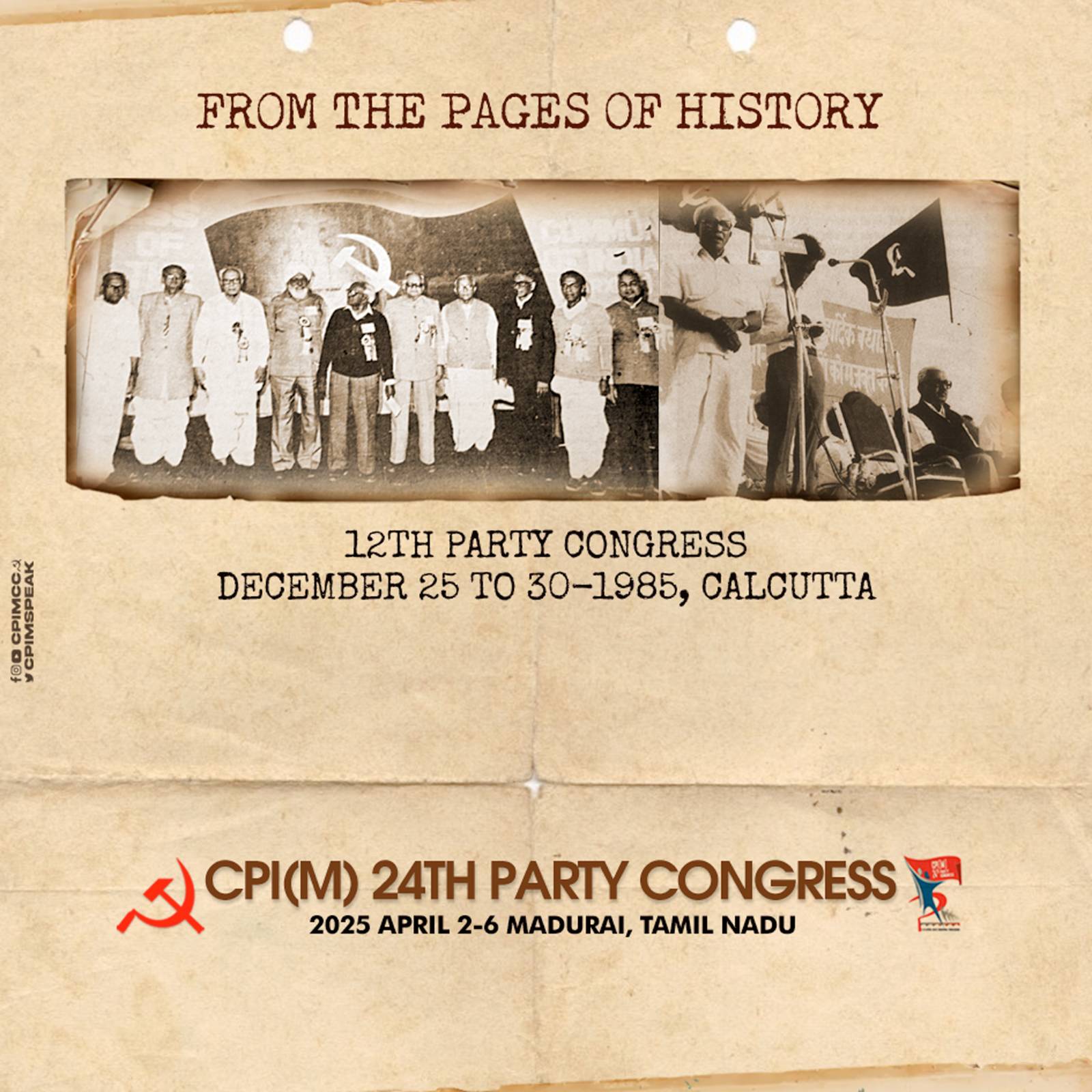The preceding period was marked by political turmoil and widespread social strife. Communal forces had launched the Ram Janmbhoomi agitation causing the spread of hatred and tension. Islamic fundamentalism too was on the rise. Conflicts broke out in Punjab, J&K, Assam, Gorkhaland in West Bengal, and the Northeast. The Party lost many leaders and cadres in Punjab, Assam, and Darjeeling while opposing separatist and militant forces. The crisis escalated with Operation Bluestar, the assassination of Prime Minister Indira Gandhi and the subsequent anti-Sikh killings, following which the Congress Party swept to power. The CPI(M) Party Congress underlined that struggles for democracy and national unity were interconnected. In Kerala, the CPI(M) decided to sever relations with the All India Muslim League in keeping with the Party line to have no truck with communal forces. The Party noted that the Left Front governments in West Bengal and Tripura had dual responsibilities: exposing the class policies of the Central Government and providing the maximum possible relief to the people. The Twelfth Congress emphasized strengthening Left and democratic forces to combat authoritarianism, with Left unity at its core. A 66-member Central Committee, and 10-member Polit Bureau, with Comrade EMS Namboodiripad as General Secretary, was elected.
1985-12th Party Congress
